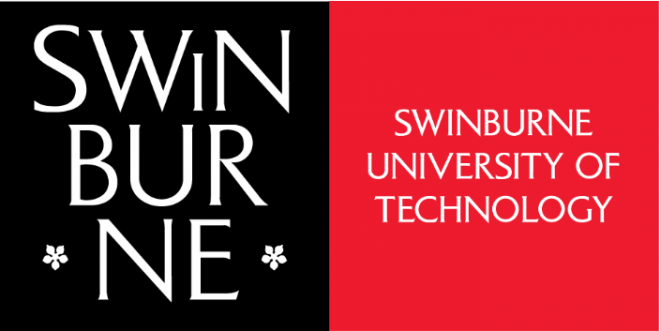How To Figure Out What To Study At Uni When You Don’t Have A Clue
Here are some questions to ask yourself to help plan your future.


Feel confident when selecting your preferences. Book a 1:1 session or chat live.
Some people know exactly what they want to do when they grow up, and to those people we say: we’re very happy for you but we’re trying to figure out our own lives so please give us the time and space we need to do that.
Thank you.
Just because some people know what they want to do with their life doesn’t mean we all have to. Planning your future is a big deal, and it’s okay to not have a clue. We’re here to help.
The first step in the process is almost always getting an education, and uni is the obvious choice for a lot of us. Here are a few questions to ask yourself if you’re struggling to decide what to study.
Don’t Let Your ATAR Define You
There are lots of ways to get into your dream degree if you don’t meet the entry requirements straight out of high school. You can enrol in another degree and transfer to the one you really want, or complete a generalist undergrad degree and top it off with a masters in a more specialised area.
Swinburne University of Technology also offers something called a UniLink diploma, which is a great entry pathway for people who don’t get the ATAR they need for direct entry. It’s an eight-month course and you can enrol straight into the second year of a related Bachelor degree when you finish it successfully.
On the flip side, don’t enrol in a degree with a high entry requirement just because you feel like you should. Entry requirements are calculated based on supply and demand, not prestige, so degrees with higher entry scores aren’t necessarily better than ones with lower scores. You’re not wasting your ATAR or your hard work in Year 12 if you get an ATAR in the 90s and enrol in a course with an entry score of 70. It’s all about choosing something you feel good about.
What Do You Love?
There are lots of things you can do to make this an easier decision.
If anyone you know has a job you think sounds interesting, invite them for a coffee and ask them all about it. What do they do every day, what’s the best part of the job, what are the perks? It’s all useful information.
Make a list of everything you hate doing and work backwards – if you know you don’t want to spend your Monday to Friday in spreadsheets or talking to customers, you can rule out a lot of jobs and degrees and pick from the ones that are left.
Think of ways you can monetise your hobbies. A Bachelor of Design, for instance, is a great choice for people who love drawing, photography or storytelling. There’s a lot of freedom in a degree like this to develop your skills in something like UX and graphic design, 3D animation, or web design and get paid to do something you love.
It can even be as simple as talking your options through with a friend. Sometimes the people who know you best will have insights into your personality you’ve never considered or have perhaps taken for granted, that could unexpectedly put you on the right career path.

Image: Aline Viana Prado / Pexels
Get Hands-On Experience
There’s no substitute for experience. That’s why it’s important you look for a uni that gives you hands-on experience in the workplace, like Swinburne’s work integrated learning.
At Swinburne, students can participate in community and industry-linked projects, Professional Degrees, internships, and paid placements. And the best part is that it’s a guaranteed part of every Bachelor degree offered.
You’ll put the skills you’ve learned into practice and get real industry experience that will set you apart from other graduates – and it looks great on your resume.
Think Long-Term
Your career and the industry you work in will change over your lifetime, but there are certain things you can do now to help you prepare for change.
Enrol in a degree that can lead to a career in an emerging or growing industry, like healthcare, e-commerce, or tech. These are projected to be some of the fastest growing industries in Australia – you can expect lots of job opportunities in cybersecurity, care and support sectors, and data analysis after you graduate.
It can also help to enrol in a double degree or study units outside your major to make your skillset unique. If you’re in Year 12 and lodging your uni preferences through VTAC, use the preference list to your advantage. Treat it like a wish list of degrees, with your dream course at the top and your other choices further down. You can even include a plan B, just in case your ATAR isn’t quite what you’re expecting.
Attend An Open Event
The best way to get a feel for a uni is by attending open days. You’ll get a chance to meet people and ask questions about the courses and campus (even if it’s an online event) to suss out whether it’s the right fit for you.
Swinburne is hosting a series of online open nights between Monday, August 30 and Thursday, September 2. You’ll learn more about their courses, including engineering, architecture, and design to arts, business, health, and more – with plenty of time afterwards to make sure your favourite course is at the top of your shortlist of preferences before the Timely period ends at 5pm on September 30.
Swinburne is open for questions. Live chats and 1:1 sessions are available from September 3 to September 30. Book now at www.swinburne.edu.au
(Lead image courtesy of Swinburne University of Technology)
